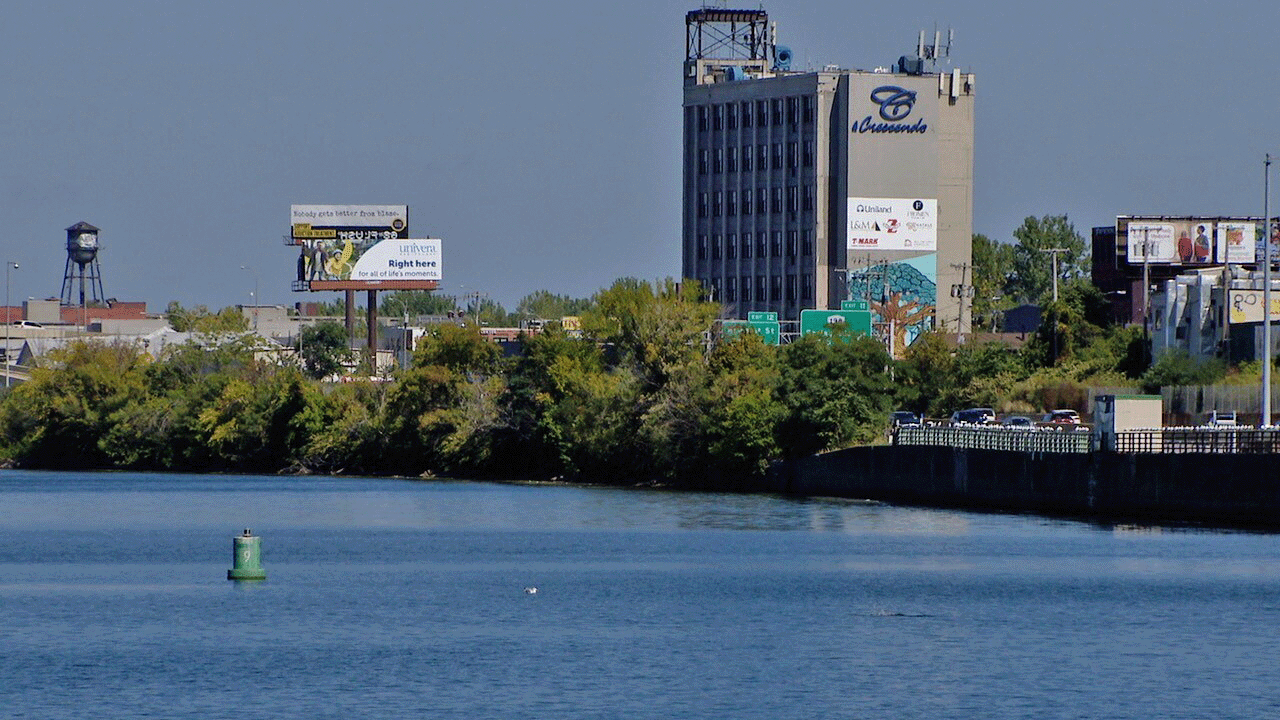BUFFALO, N.Y. (WKBW) — The New York State Department of Environmental Conservation (DEC) announced that it reached an agreement with New York State Attorney General Letitia James and the Buffalo Sewer Authority (BSA) to "significantly improve water quality along the Niagara River and its tributaries."
The announcement comes after the DEC filed a lawsuit against the Buffalo Sewer Authority, accusing the authority of water quality violations, permit violations and failing to meet project deadlines. You can watch our previous report on the lawsuit below.
According to the DEC, BSA owns and operates wastewater treatment facilities that include the Bird Island Wastewater Treatment plant and an extensive combined sewer collection system. The system has stringent DEC permits that allow the discharge of treated sanitary wastewater and stormwater from an outfall at Bird Island. During periods of heavy rain or snowmelt, the volume of wastewater can exceed capacity, and two additional outfalls are used to discharge partially treated combined sewage at Bird Island, and 52 permitted combined sewer overflows (CSOs) discharge excess wastewater containing untreated sewage directly into nearby water bodies.
The DEC said it is estimated that Buffalo’s combined sewer system contributes more than 1.4 billion gallons of combined sewage overflow to the Niagara River and its tributaries each year.
In addition, the DEC said BSA failed to implement required sewer system improvements to ensure that combined sewer overflows complied with technology and water quality-based requirements and upgrades required under a Long-Term Control Plan (LTCP).
According to the DEC, the new agreement includes a revised LTCP that consists of both gray and green infrastructure projects being implemented at an estimated cost of $1 billion over a 15-year implementation schedule. BSA will also have to pay a $20,000 civil penalty and an environmental benefit project (EBP) valued at $100,000 will support the purchase and installation of playground equipment and educational materials about reducing Buffalo waterway pollution to help increase public awareness.
WATCH: DEC, NY AG, Buffalo Sewer Authority reach agreement to improve Niagara River water quality



